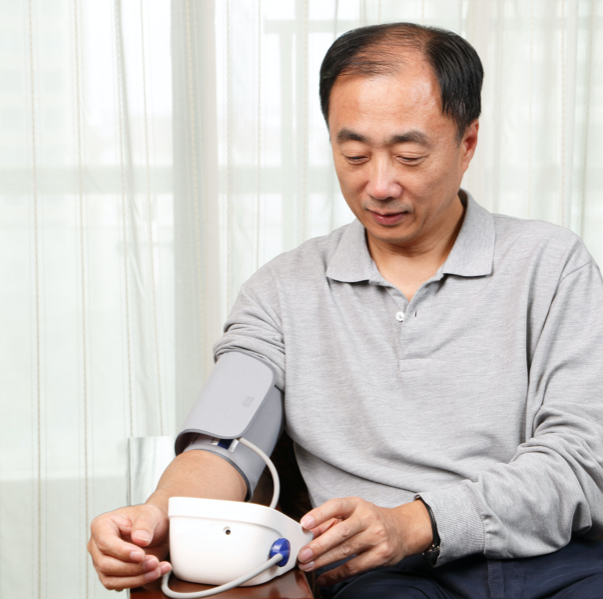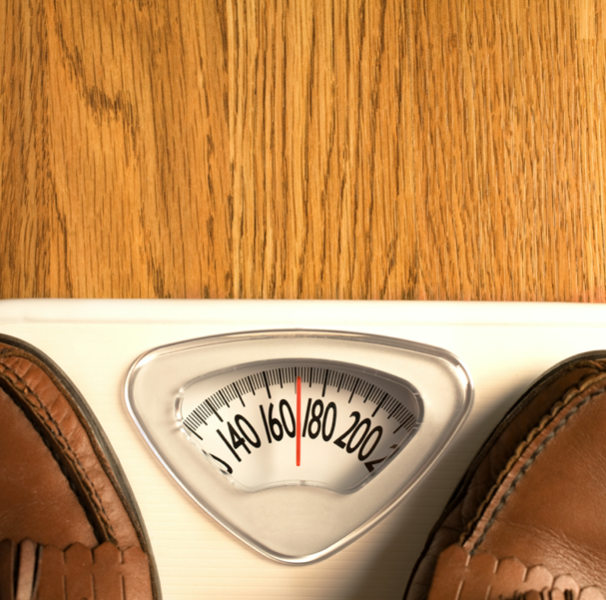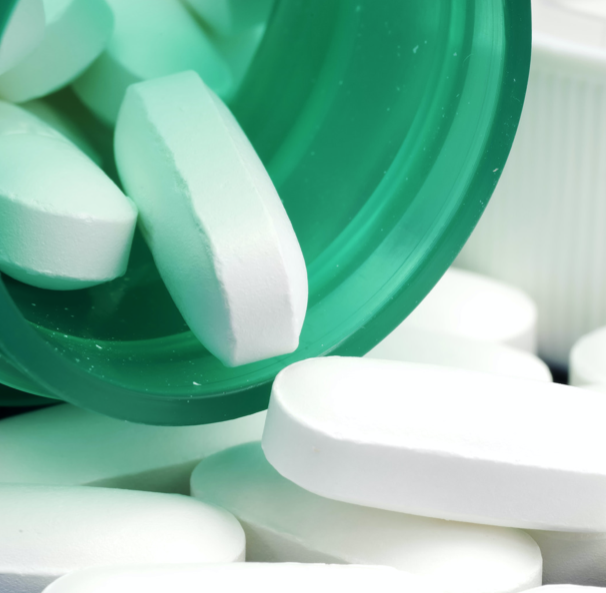- Fast results
- 4,000+ locations
- 4.8 star rating
Need Help? (888) GET LABS


This article is Medically Approved ✓ by Dr. Edward Salko
It is unlikely that you get to think about your kidneys often. Probably, the one occasion where your renal function becomes a concern is when there’s something unusual happening when you pee.
Nonetheless, your kidneys are more than just a couple of bean-shaped organs.
Much like other organs in your body, they play a unique role that keeps your health on the good side of your money. Hence, when it comes to protecting your body, keeping your kidneys healthy will do you plenty of good.
But despite this general knowledge, many still succumb to severe conditions affecting the kidneys.
The CDC would tell you that 15% or about 37 million American adults are diagnosed with chronic kidney disease (CKD). Other conditions are also associated with CKD, such as diabetes and high blood pressure.
If you’re wondering what actions can keep your kidneys well-conditioned, hand on tight and find out in the next few lines.
The kidneys function to remove wastes, excess substances, and extra fluid from the body.
These unwanted materials are filtered by units called nephrons. When blood passes through these units, the wastes collectively called urea are retained in the kidneys and eventually moved to the urinary bladder. Urea ultimately exits the body through the urethra.
If you look at it closely, no other organ could substitute for the kidneys and carry out this renal function.
Fortunately, you have two sets of kidneys. When one is damaged, the other one can still do the job. However, having only one kidney is more than enough reason to be extra careful with your health.
On the other hand, if both kidneys fail, the only option is to either have a kidney transplant or undergo a clinically assisted waste removal procedure known as dialysis. The latter will more likely become a permanent process for the rest of your life unless a transplant is performed.
Kidney damage in the form of acute kidney failure is a life-threatening condition.
While people can survive within days or weeks without medically-induced filtration, the accumulation of urea, acids, and other substances can become toxic to the human body.
Hence, the condition can inevitably become fatal for the patient.
Knowing full well that kidney damage can potentially cost you your life, it is only natural to learn how to protect renal function through simple ways.

You may have heard of how getting hydrated keeps your kidneys in good condition once or twice. This advice is almost as old as time, but the merits remain as real as they always are.
When you don’t drink enough water, toxins, sodium, and other excessive minerals will accumulate in the kidneys. This buildup can lead to kidney problems.
One example is the deposition of crystal-forming substances such as uric acid, calcium, and oxalate. It occurs when there are more of these compositions than the fluid in the urine. As a result, kidney stones are formed.
Research has shown that increased water intake reduces the risk for kidney stones. Thus, on average, it is recommended to drink 1.5 to 2 liters of water a day.
However, the optimal water intake can be influenced by many factors such as sex, age, lifestyle, and environmental conditions.

High blood pressure can affect blood flow in the kidneys. In fact, high blood pressure is known as the second leading cause of kidney failure in the US.
Wastes are removed through nephrons filtering half a cup of blood per minute.
If you have high blood pressure, the blood vessels become constricted, hindering the smooth flow of the blood. This condition can lead to a critical disruption in the function of the kidneys, which in turn may cause serious damage.
To protect your kidneys the right way, make sure that you check your blood pressure regularly. See your doctor and get a proper checkup at least once a year.

If you are best of friends with a pack of lights, then it’s time to break up that relationship. That is if you care too much about your kidneys.
Smoking is known to cause critical interference with medicines used to treat high blood pressure. And as mentioned earlier, high blood pressure is directly associated with kidney failure.
In addition, smoking itself can cause blood vessels to narrow, slowing down blood flow.

Obesity and other medical conditions related to weight mismanagement open a lot of doors to many serious diseases.
Weight gain or loss, especially if it’s unexplained, may suggest that something is beyond normal within your body systems.
Diabetes and high blood pressure are often linked to a poor diet. Hence, if you want to ensure that your kidneys stay healthy, make sure to keep your weight within the optimal range.

Diabetes is the leading cause of kidney failure in the US. It is a metabolic disease that often sprung from a poor diet of mostly sugary and fatty foods.
Likewise, those who are fond of salty foods have a higher risk for high blood pressure. Combine all these sinful foods altogether, and you’ll have the perfect recipe for kidney damage.
At best, it is recommended that you stick to a healthy diet not just for your kidneys but, most importantly, for your general wellness.

Knowing how vulnerable you are to CKD is a vital step to guarantee that you take all the actions necessary to lower your risks.
Learn if diabetes and hypertension run in your blood. If you’re uncertain, you can always take a blood test and let your doctor evaluate your risks not just based on genetics but on other factors as well.

NSAIDs or non-steroidal anti-inflammatory drugs are used to alleviate conditions like menstrual cramps, migraines, and fever.
Most NSAIDs like Aspirin are over the counter. Although it is perfectly tempting to grab an aspirin when you’re in pain, you also need to understand that it has blood-thinning properties.
Likewise, they block prostaglandins that allow the dilation of blood vessels that lead to the kidneys. As a result, blood flow becomes slower, and kidneys’ functions are not optimized.
You may have to see your doctor and check on your kidneys once these symptoms are observed:
One effective way to monitor your kidney functions is to take the Renal Function Panel Blood Test. This panel includes tests for critical substances in the blood and how your kidneys correspond to their volumes.
The results of the blood test can provide ample data on your risk of developing kidney disease. In the same way, if you’re taking medications for kidney disease, it also gives insight into the progression of the treatment.
Order the kidney function tests online and be guided on how you can take the test with ease.
Don’t wait for the worse to come when your kidneys are involved.
Take these helpful tips as your guide in protecting your renal function and keeping your kidneys well-conditioned.
Your lifestyle primarily dictates how your health pans out. By filtering the harmful habits and retaining the good ones, you can live a life without worrying about your kidneys’ function.

© Copyright 2025 Personalabs. All Rights Reserved.